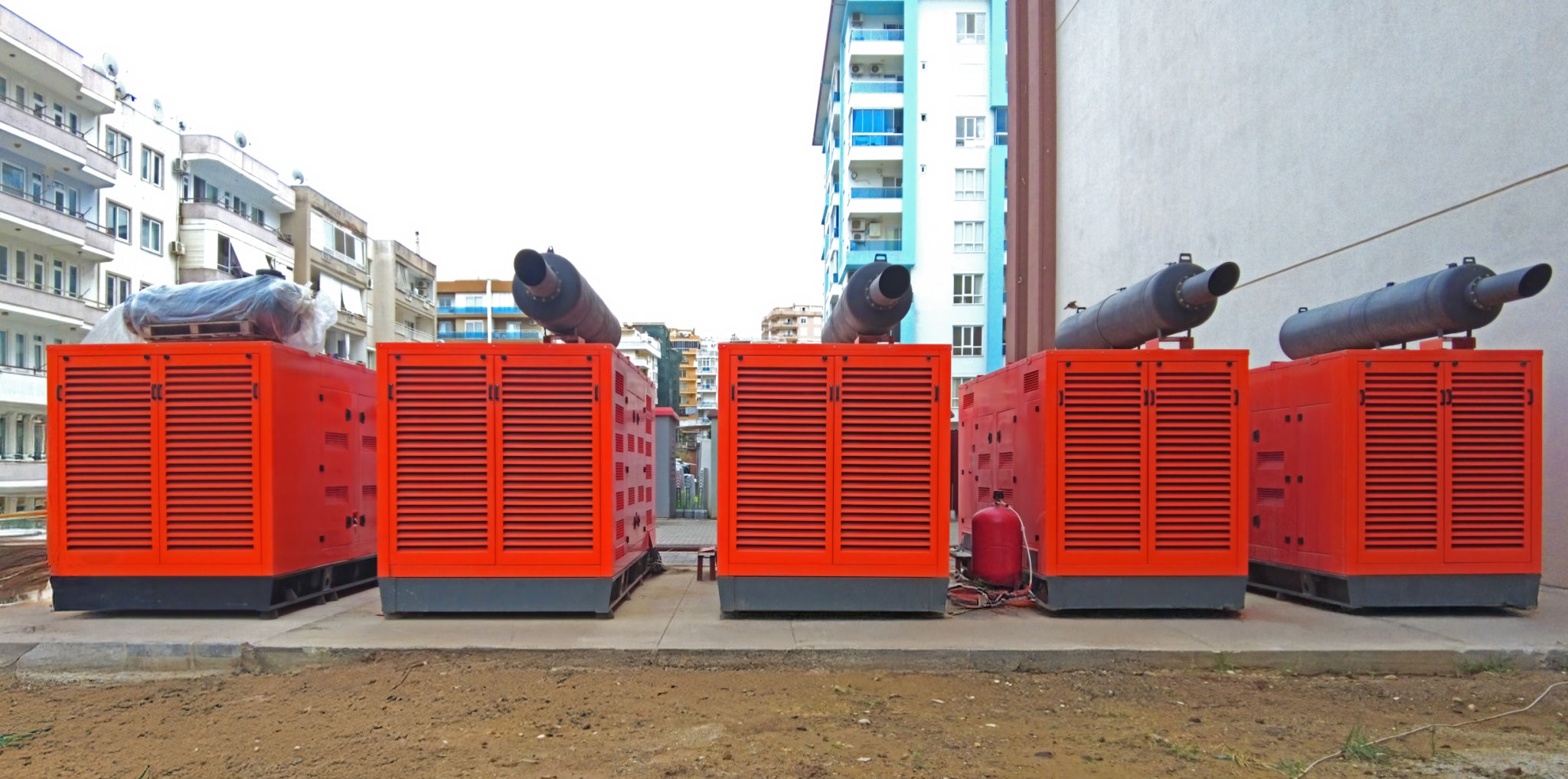Avoiding Common Mistakes When Renting Generators
Understanding Your Power Needs
Before renting a generator, it's crucial to understand your specific power requirements. Consider the total wattage your equipment will need and any additional power for unexpected demands. Overestimating or underestimating your power needs can lead to inefficiencies or outages.
It's advisable to create a list of all the devices and equipment you plan to power. This will help in determining both the running wattage and the starting wattage required, ensuring you choose a generator that can handle the load effectively.

Choosing the Right Size Generator
Selecting the correct size generator is one of the most critical steps in avoiding rental mistakes. A generator that's too small won't meet your power needs, while an oversized generator can be inefficient and costlier. Consult with experts or the rental company to match the generator size with your power requirements accurately.
Remember, the type of generator can also impact its suitability. For example, portable generators are great for temporary events, while larger standby generators might be necessary for extended or critical power needs.

Evaluating Fuel Options
Generators can run on various fuel types, including diesel, gasoline, propane, or natural gas. Understanding the pros and cons of each fuel type can help you make an informed decision that fits your budget and environmental considerations.
For instance, diesel generators are often more fuel-efficient and durable, while gasoline generators are typically more affordable but might not last as long. Consider availability and storage requirements for each fuel type when making your decision.
Checking Rental Terms and Conditions
Before finalizing your generator rental, carefully review the rental agreement. Check for hidden fees, such as maintenance or delivery charges. Understanding the terms can prevent unexpected costs and ensure a smooth rental experience.
Pay attention to the rental duration and any penalties for late returns. Ensure you have a clear understanding of what is covered under the agreement and any additional responsibilities you might have.

Inspecting the Generator Before Use
Inspecting the generator before use is essential to avoid surprises during operation. Check for any visible damage or leaks and ensure all components are in working order. Verify that all safety features are operational to prevent any hazards.
It's also wise to test the generator under load conditions before relying on it for critical operations. This ensures it functions correctly and meets your power requirements as expected.
Planning for Generator Maintenance
Regular maintenance is key to keeping a rented generator running smoothly. Understand who is responsible for routine checks and servicing during the rental period. Discuss maintenance schedules with the rental company to avoid unexpected breakdowns.
If the responsibility falls on you, be proactive in performing necessary tasks such as oil changes and filter checks. This will help prolong the life of the generator and ensure reliable performance throughout its use.

Considering Noise Levels
Generator noise can be a significant concern, especially in populated or noise-sensitive areas. When renting a generator, consider its noise level in decibels and how it might impact your environment or event.
Opt for generators that offer noise-reducing features if operating in quiet zones. This consideration not only helps in complying with local noise regulations but also ensures a more pleasant experience for those nearby.
Ensuring Safety Measures
Finally, prioritize safety when renting and operating a generator. Make sure everyone involved in its use is aware of safety protocols, including proper handling and emergency procedures.
Ensure the generator is placed in a well-ventilated area to prevent carbon monoxide buildup and keep it away from flammable materials. Proper grounding and regular monitoring during operation can further enhance safety.
